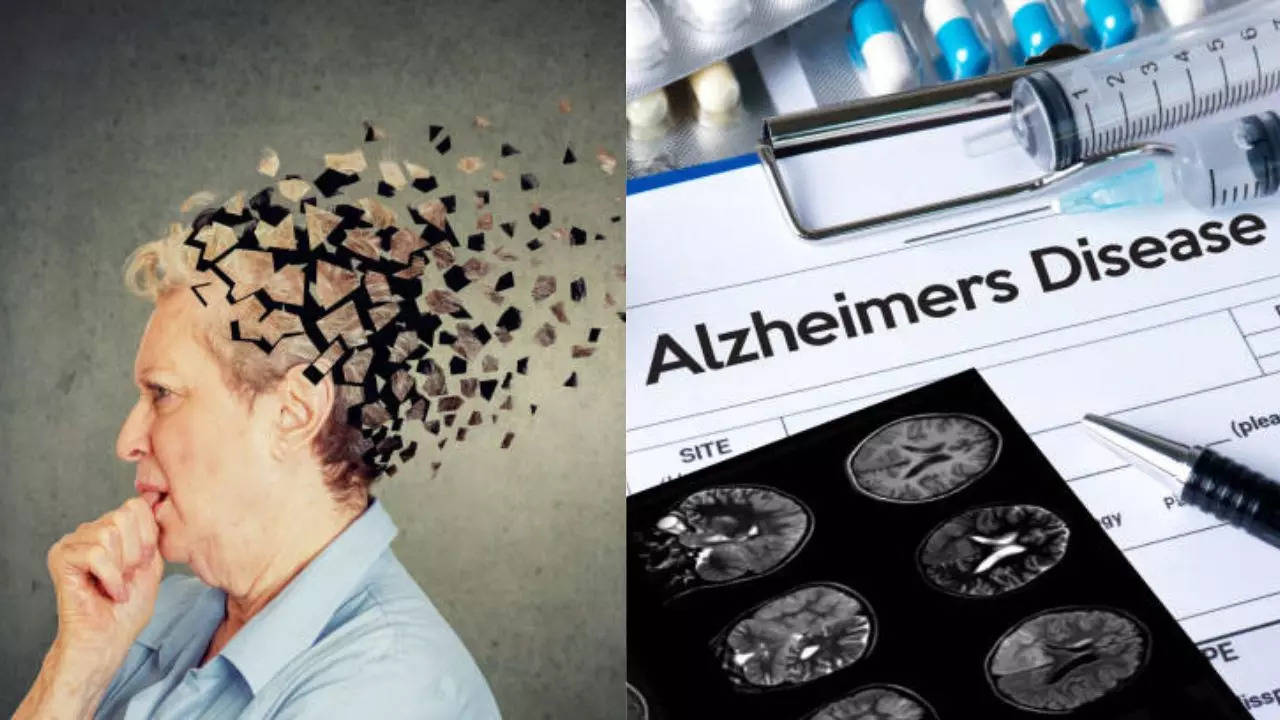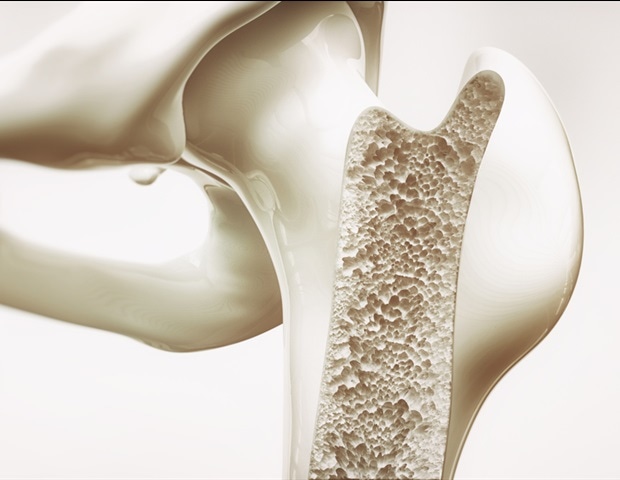American scientists investigating Alzheimer's disease have made a key breakthrough, identifying a major cellular process that drives the most common cause of dementia. Researchers from the Advanced Science Research Center at the City University of New York have discovered the critical mechanism that links cellular stress in your brain to the progression of Alzheimer’s. Scientists say they are marking it as a promising target for drug treatments aiming to slow, or even reverse, the disease’s development.
According to the study published in the journal Neuron, your brain's primary immune cells—known as microglia - a key role in protecting the brain from this degenerative disease. Microglia are also known as your brain's first responders; however, scientists say these same cells play a double-edged role. While some can protect your health, others can even worsen neurodegeneration, advancing Alzheimer's.
According to scientists, there has to be an understanding between these cells for more clarity, said Professor Pinar Ayata, the study's principal investigator. "We set out to answer what the harmful microglia are in Alzheimer's disease and how we can therapeutically target them. We pinpointed a novel neurodegenerative microglia phenotype in Alzheimer's disease characterized by a stress-related signaling pathway," he added.
The research team discovered that activation of this stress pathway, known as the integrated stress response or ISR, leads to microglia producing and rel.













_posing_on_a_leaf-Ger_Bosma_Photos_cc529fd2cce94bb2a9f117448048c0d1-620x480.jpg)





